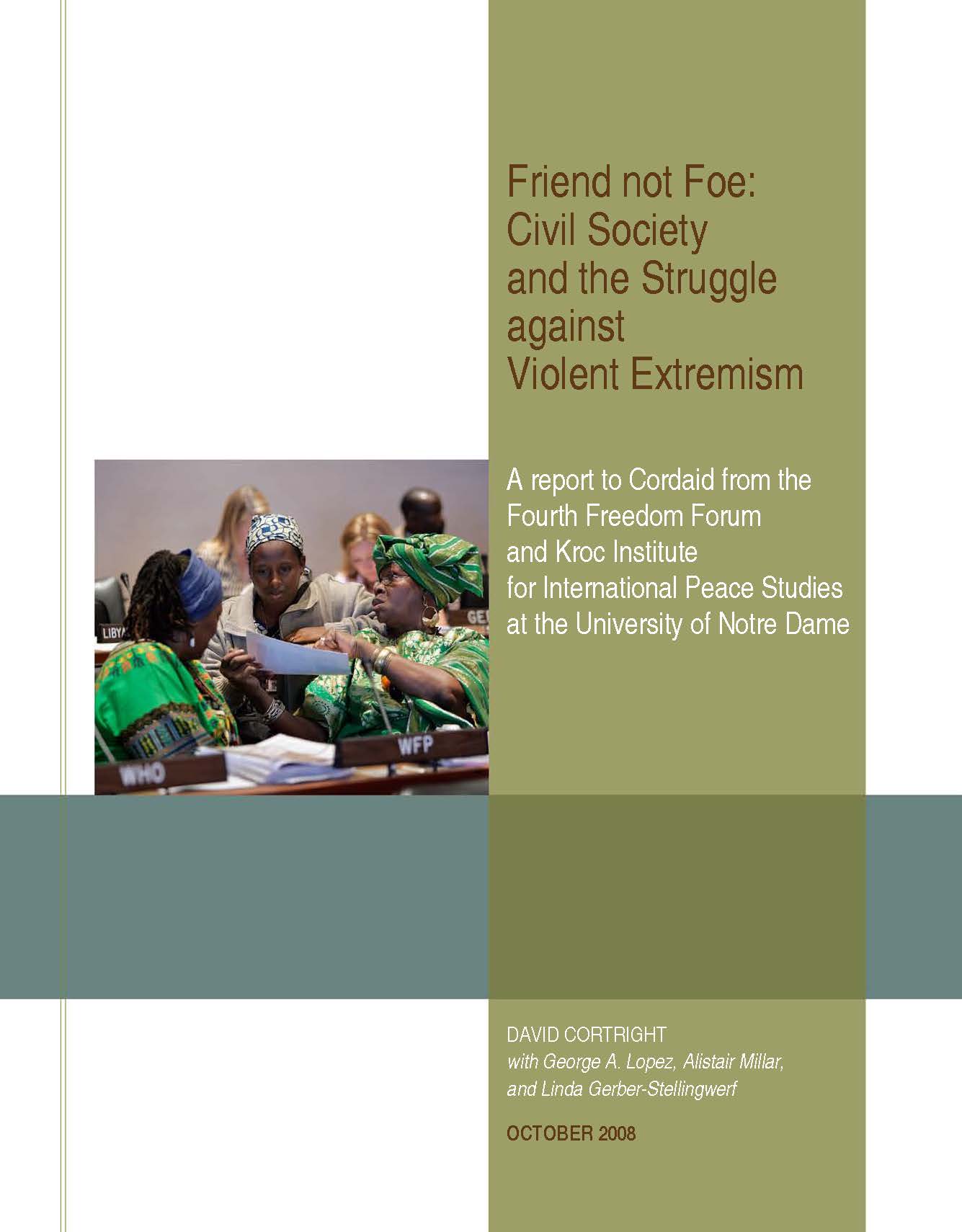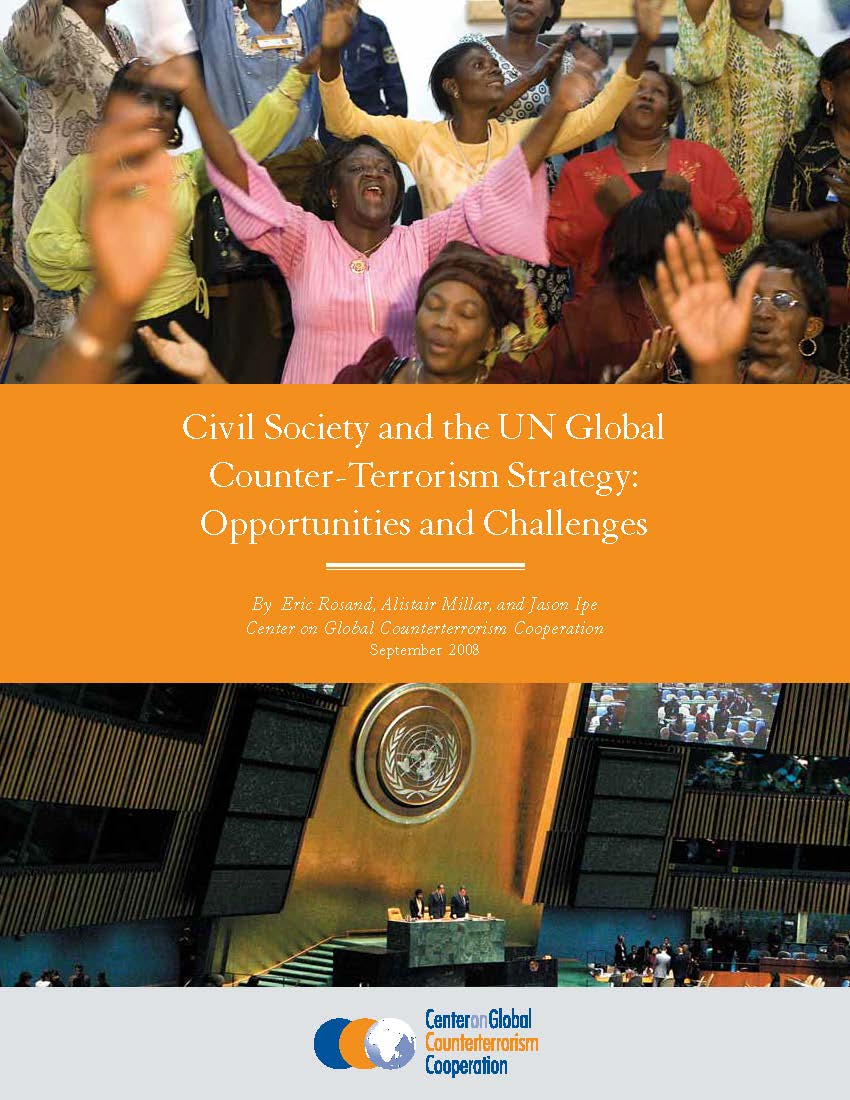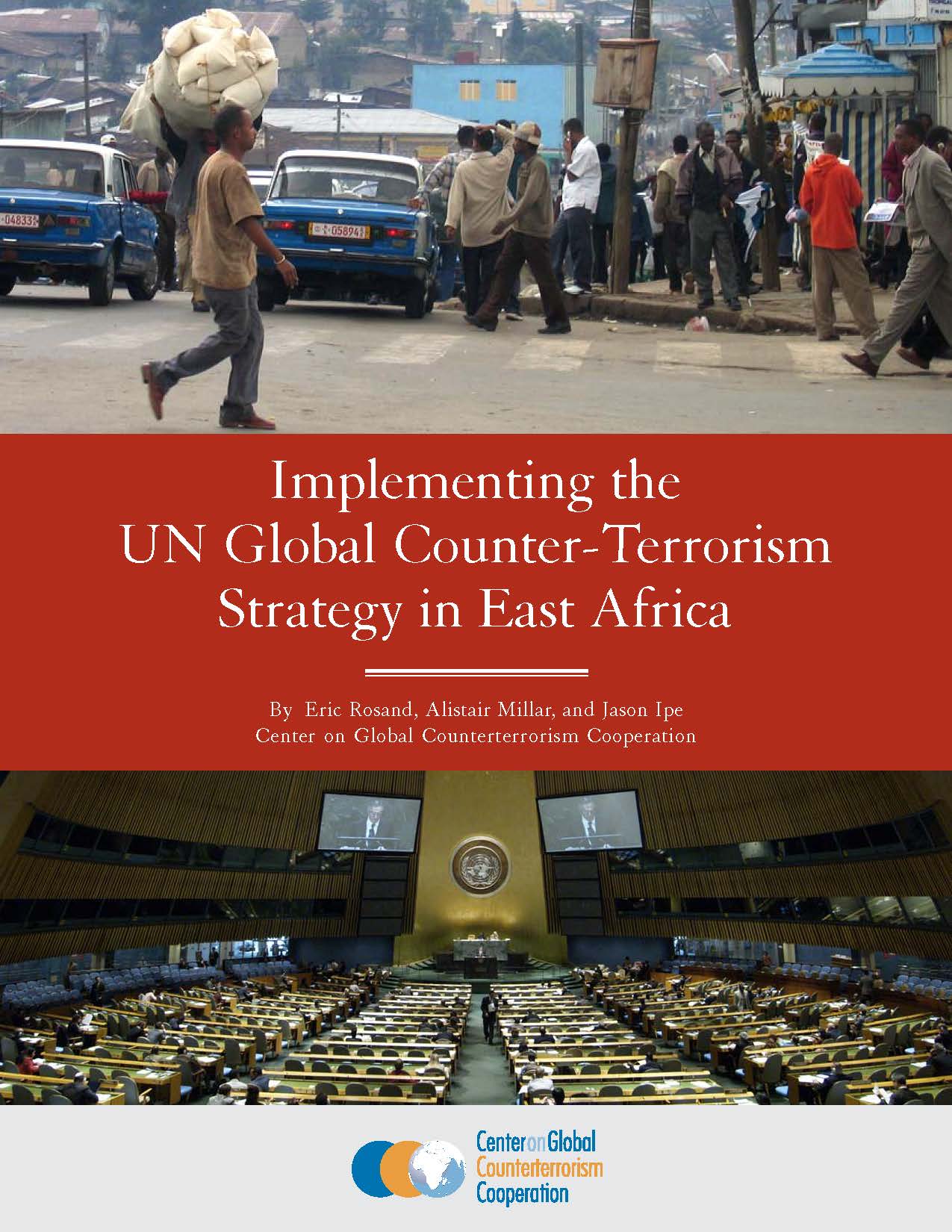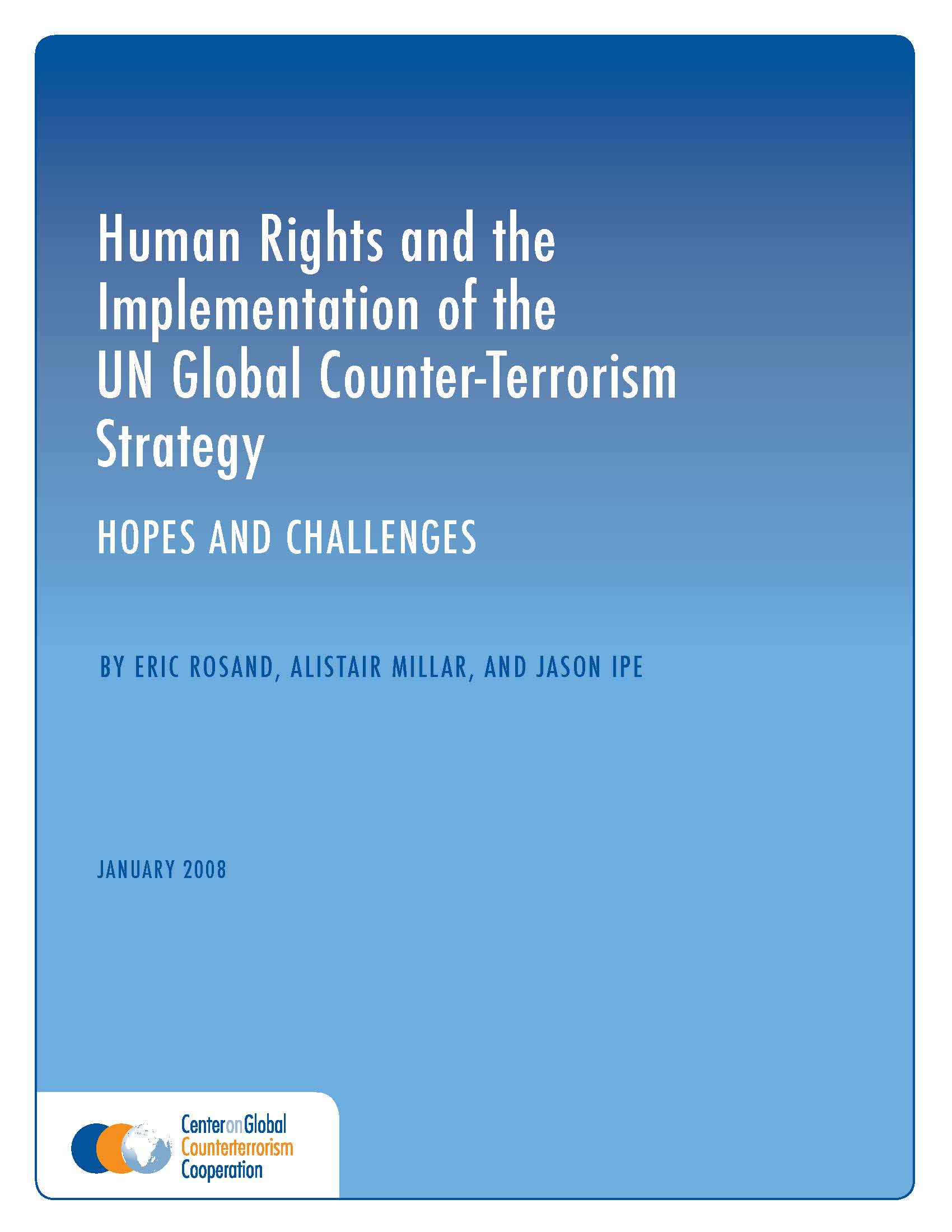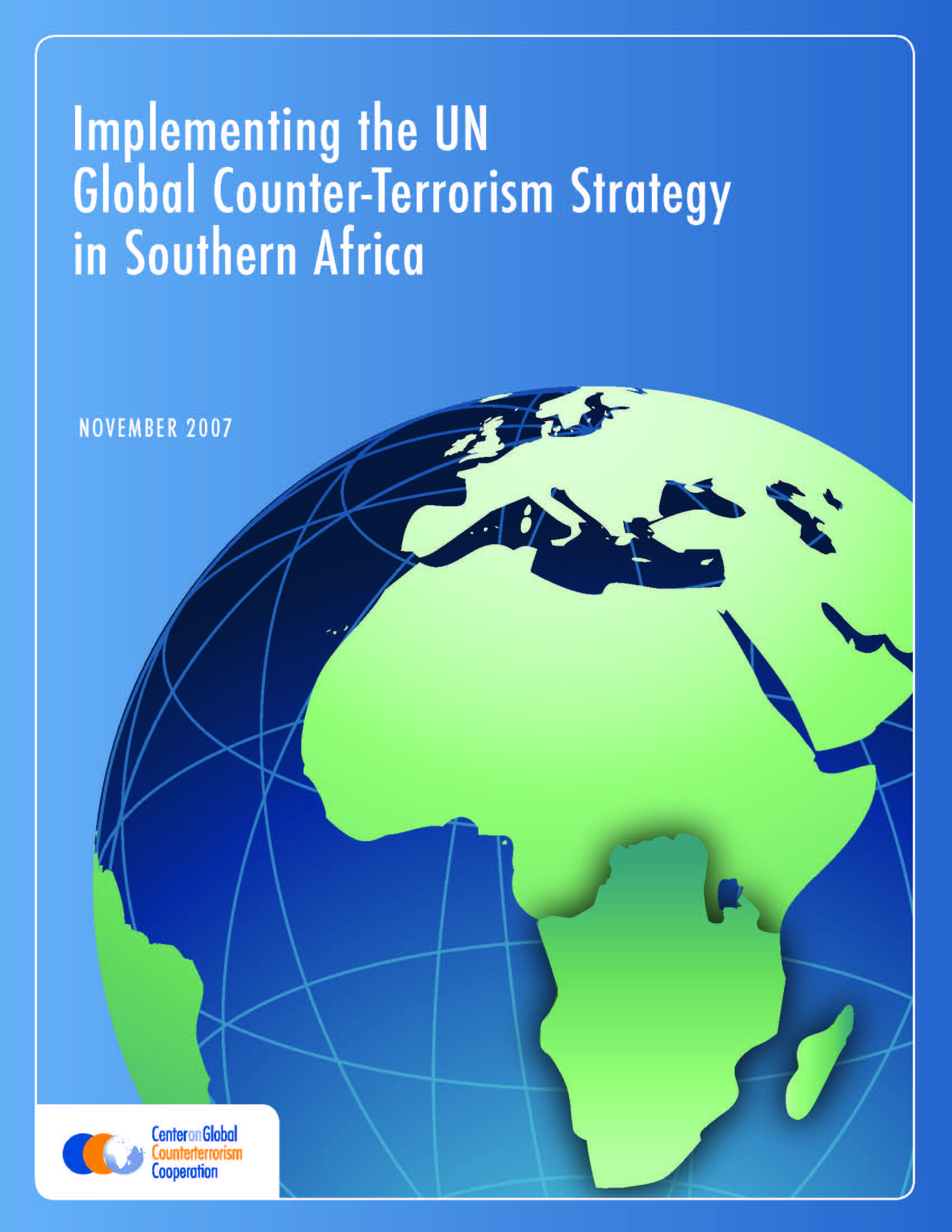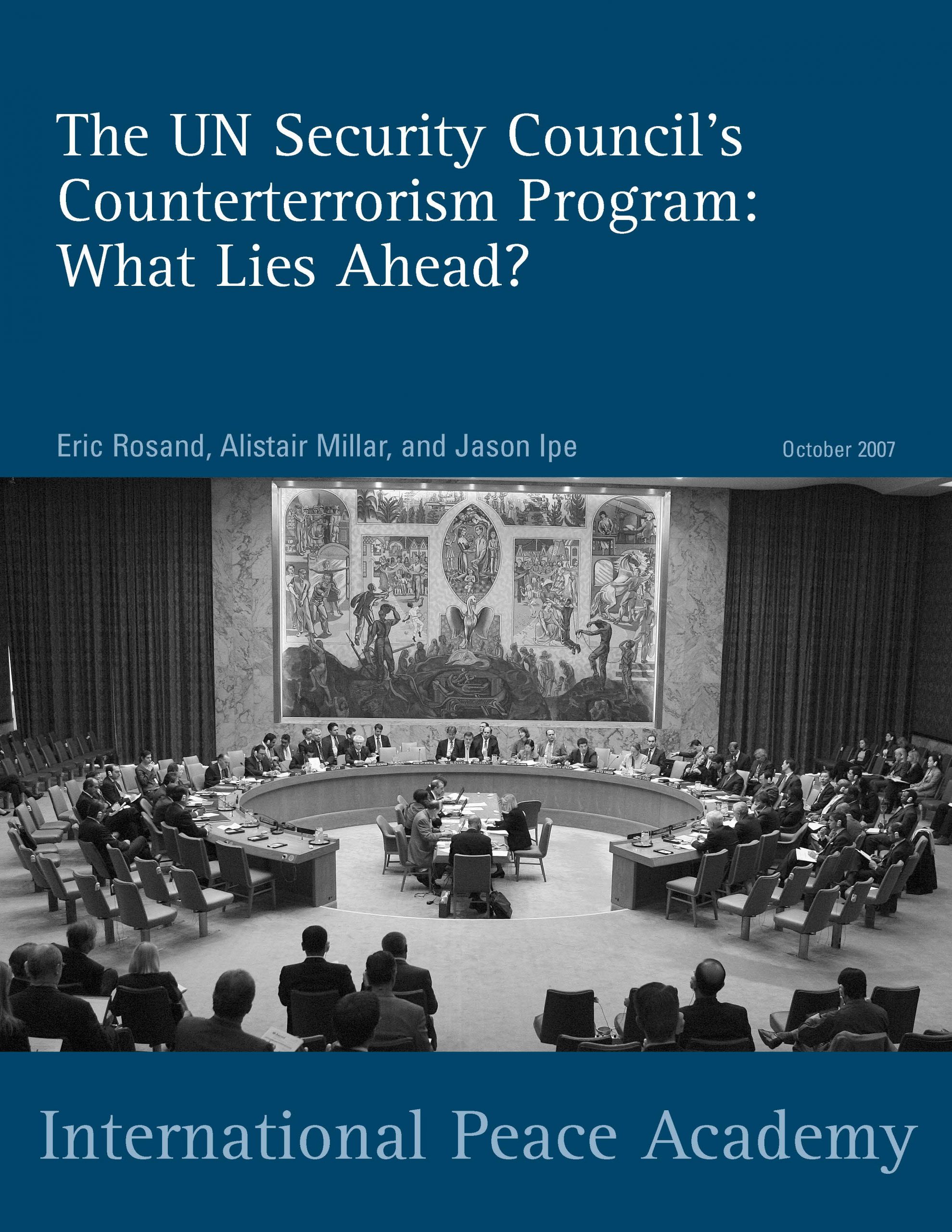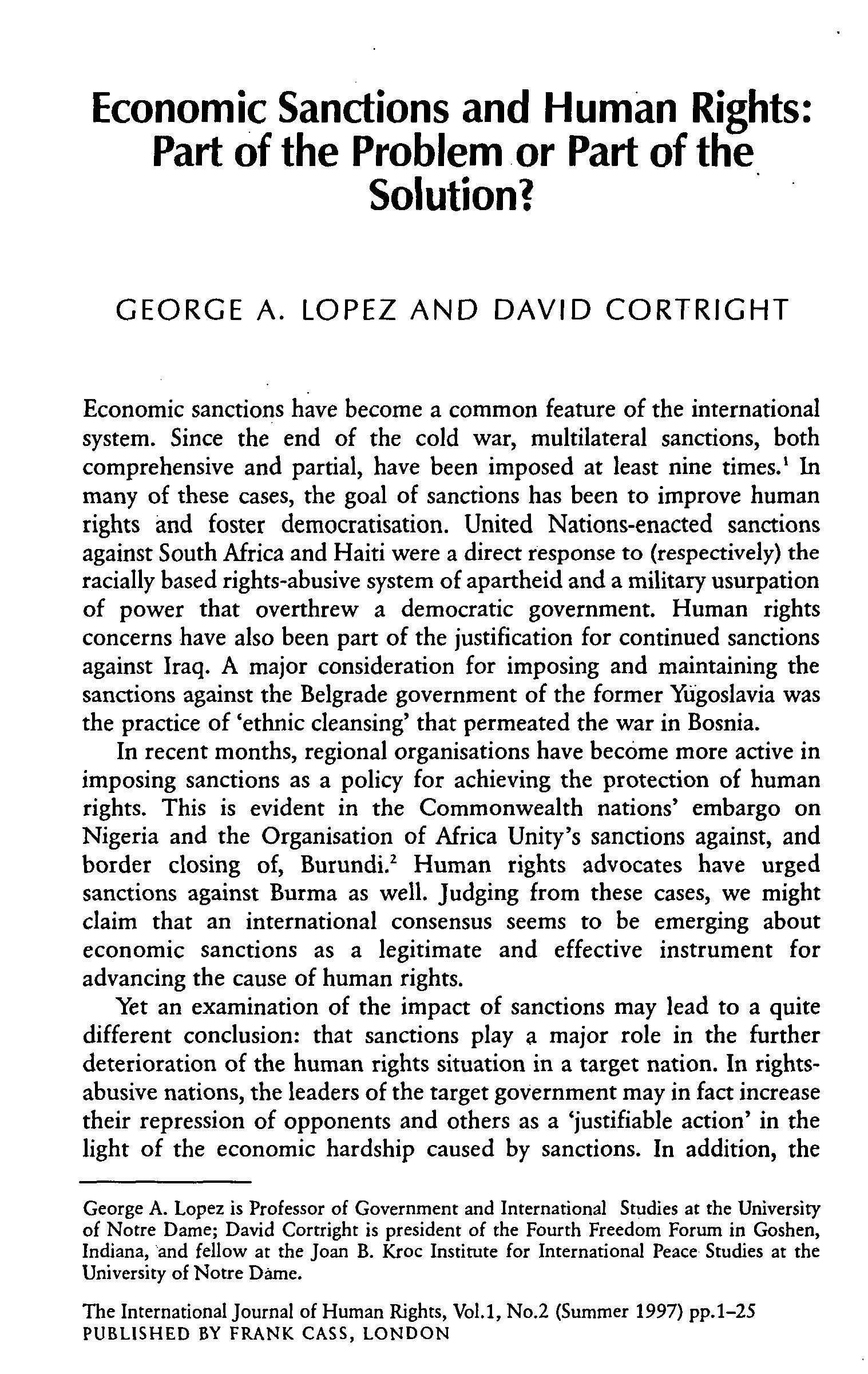Friend not Foe: Civil Society and the Struggle against Violent Extremism
Report — October 2008
Many of the policies carried out in the name of counterterrorism are making the terrorist danger worse. An overemphasis on security measures has eroded civil liberties and human rights in many countries and diverted attention from the policies needed to counter the complex challenge of contemporary global terrorism. This paper examines the contradiction of counterterrorism measures that can hinder the work of countering terror.
